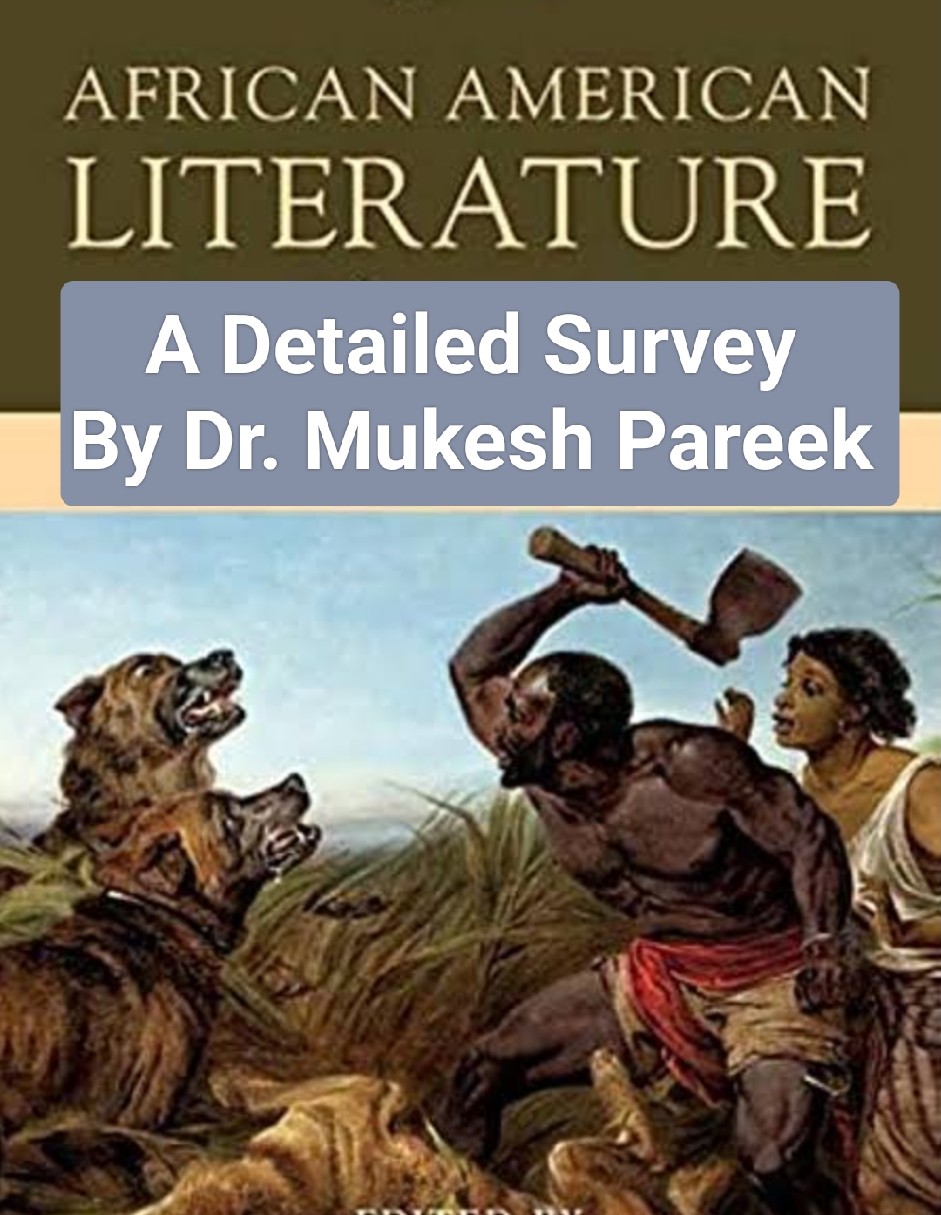Morality Plays
For they in thee a thousand errors note;
But ’tis my heart that loves what they despise,
Who, in despite of view, is pleas’d to dote;
Nor are mine ears with thy tongue’s tune delighted;
Nor tender feeling, to base touches prone,
Nor taste, nor smell, desire to be invited
To any sensual feast with thee alone:
But my five wits nor my five senses can
Dissuade one foolish heart from serving thee,
Who leaves unsway’d the likeness of a man,
Thy proud heart’s slave and vassal wretch to be:
Only my plague thus far I count my gain,
That she that makes me sin awards me pain.
Shakespeare himself refers to these wits several times, in Romeo and Juliet (Act I, scene 4, and Act II, scene iv), King Lear (Act III, scene iv), Much Ado About Nothing (Act I, scene i, 55), and Twelfth Night (Act IV, scene ii, 92). He distinguished between the five wits and the five senses, as can be seen from Sonnet 141.
The five wits are derived from the faculties of the soul that Aristotle describes in De Anima.
The inward wits are part of medieval psychological thought. Geoffrey Chaucer translated Boethius' Consolation of Philosophy into Middle English. According to Chaucer's translation, "ymaginacioun" is the most basic internal faculty of perception. One can, with the imagination, call to mind the image of an object, either one directly experienced or a purely imaginary fabrication. Above that comes "resoun", by which such images of individual objects are related to the universal classes to which they belong. Above that comes "intelligence", which relates the universal classes to eternal "symple forme" (akin to a Platonic ideal). Humans are thus "sensible", "ymaginable", and "reasonable" (i.e. capable of sensing, imagination, and reason, as defined), all three of which feed into memory. (Intelligence is the sole remit of Divine Providence.)
witsEdit
Stephen Hawes' poem Graunde Amoure shows that the five (inward) wits were "common wit", "imagination", "fantasy", "estimation", and "memory"."Common wit" corresponds to Aristotle's concept of common sense (sensus communis), and "estimation" roughly corresponds to the modern notion of instinct.
The five (outward) senses, as described in Cursor Mundi, are "hering" (hearing), "sight", "smelling" (smell), "fele" (touch) and "cheuing" (taste).It relates them to the five Empedoclean elements (which Aristotle describes in De Caelo), with sight coming from fire, hearing from the upper air (the aether), smell from the lower air, taste from water, and touch from earth. This definition of the origins of human senses was an exceedingly popular one throughout the Middle Ages in Europe, not least because of its rough agreement with chapter 30 of the Second Book of Enoch.

Comments
Post a Comment